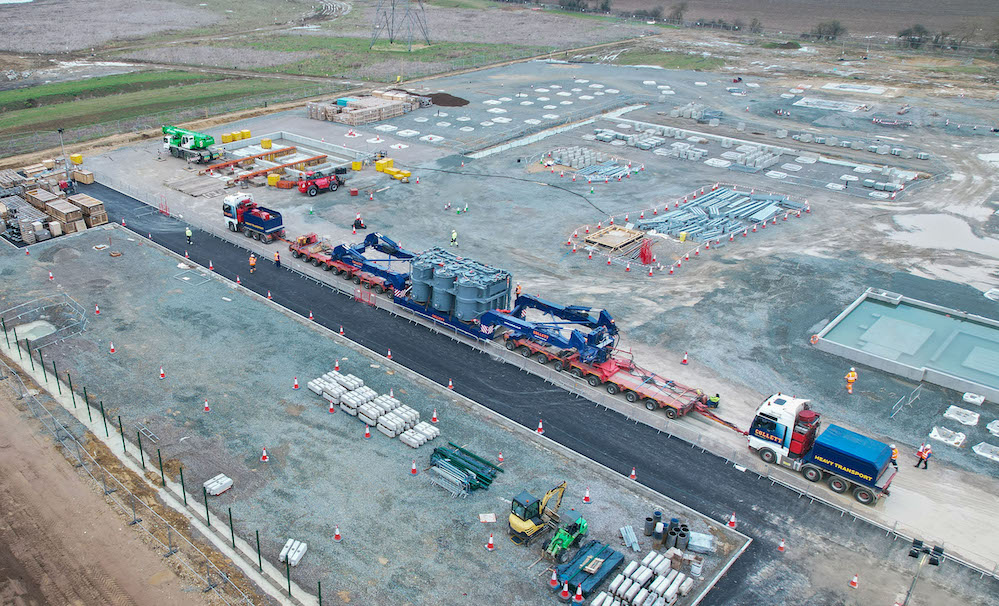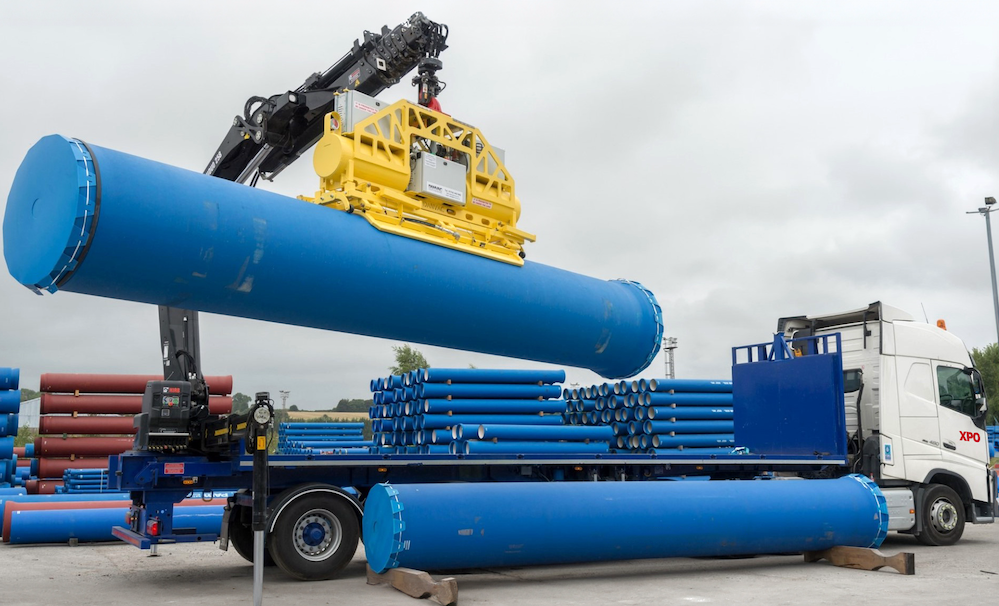In the UK, the average business spends approximately £4,000 each year on energy. That means that there’s never been a more ideal time for companies to look into their gas and electric usage in a bid to discover quick and easy ways to slash their bills.
Haulage industries in particular need to find a way to become more energy aware (and energy smart) so they can boost their bottom line and reduce their carbon footprint – making for a more profitable, greener company all round.
Just how much are UK businesses spending on energy?
Because of a change in usage patterns and new government initiatives, rising energy prices can mean that an average energy bill for a business may have soared by over 100% in the last seven years. For most SMEs, gas and electricity charges now make up a considerable chunk of their monthly outgoings – taking a hefty portion of their profits. The majority of UK businesses are using between 15,000 and 25,000 kWh of power per year, but annual consumption figures for large business and industry can reach in excess of 250,000 kWh.
So, in terms of usage, what does this mean for bills? The latest data shows that businesses in the UK are spending an average of £3,061 on their annual electricity bills, and an additional £856 a year on gas. Small businesses in particular fare slightly better – but with the average electricity bill for an SME reaching £2,958 (and that’s before putting business mains gas into the equation), it’s still a considerable outlay.
How can businesses reduce their energy costs?
Although these numbers may seem slightly high, there are certainly ways in which savvy bill payers can lower their usage and prices. Business gas mains supplier, Flogas Energy, shares expert tips on how companies can slash their energy costs:
- Become energy aware
You must know what it’s costing you if you want to take a step towards lower energy prices. The average unit prices in the UK are currently 14.36p per kWh for electricity and 4.25p per kWh for gas, with standing charges on top of this. Finding out your business’s annual usage figures – and knowing when your contract is due to come to an end – means you’re well equipped to accurately compare your current supplier’s prices with others on the market.
- Do a price comparison
Your bills may increase if you leave your existing tariff to roll over and don’t check it against new deals. Ahead of your contract ending, it’s worth finding out how much switching could save you. And, whether you use a broker, online search or go direct, make sure you don’t limit yourself to the Big Six. Switching to a smaller business energy supplier could mean significantly lower bills, and benefits like better customer service.
- Check your contract
Whether you stay with your current electricity and gas or choose a better deal, it’s to know that you have the best possible contract setup for your business. For example, an extended fixed-term contract could help protect you against future price rises, giving some valuable peace of mind and making budgeting easier. Or there might be an additional discount on offer if you opt for a Direct Debit payment plan.
- Get a smart meter
Be sure to discuss fitting a smart meter with your supplier. That way you’ll know exactly how much your business energy supply is costing you day-to-day – and because you only pay for what you use, there’s no need for estimated billing or meter readings. As well as saving on monthly charges, it can also help you wise up to your company energy use and make better decisions on where you might be able to curb your consumption. Energy management software can also help provide useful insight for larger businesses.
- Change your behaviour
You might have some energy sources that are fixed, but you’ll be likely to be able to make some changes – and a small change in output can make for a huge annual saving. It could be as simple as making sure computers are switched off outside of office hours, or putting your lights on a timer, but encouraging employees to find more efficient ways of working is a great place to start. Some companies even introduce incentive schemes to help foster better habits, offering staff tangible rewards for greener behaviour.
- Invest to save
Keep in mind long-term energy performance when investing in equipment for your company, for example opt for energy efficient, A-rated appliances. Whilst this approach might come with a heftier price tag in the first instance, any piece of kit that helps save energy on your everyday operations will pay for itself and more in the long run.
*Statistics from BusinessEnergy.com







